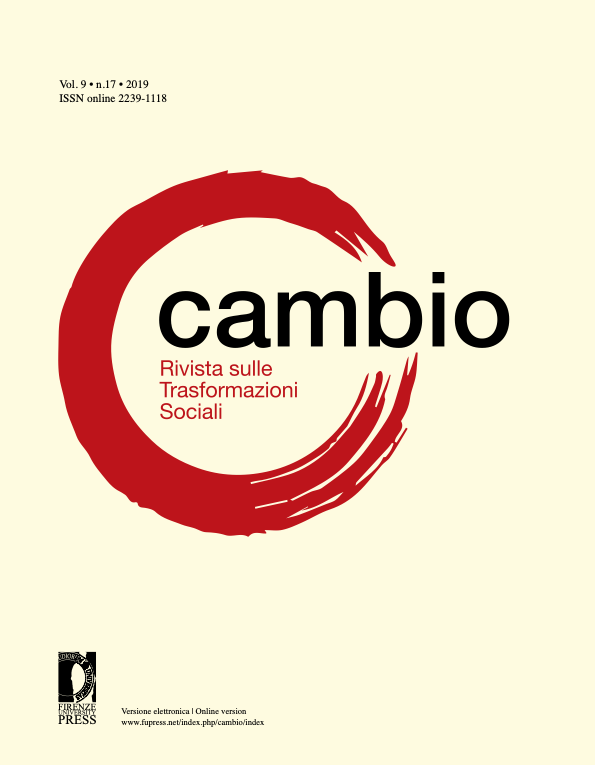Published 2019-11-04
Keywords
- smart working,
- work-life balance,
- solitude,
- mobile workers,
- coworking
- organization ...More
How to Cite
Abstract
This essay focuses on the risk of solitude of smart workers, i.e. those people who perform mobile, remotely and digitally intensive relations of work. Reduction in face-to-face interactions with organizational members can have negative effects on either their professional identity and sense of community, or their extra-work life. On the other side, a growing number of mobile workers is discovering novel social spaces and collective practices (e.g. Coworking Centers, Fab Labs). On the basis of a review of theoretical and research literature, and the analysis of data from the European Working Condition Survey, we connect the interpretation of smart working and of new digitalized practices of collaborative work.
Is smart working a win win solution for organizations and workers or merely a new form of intensification of work? Do the new practices of collaborative work overcome the risk of isolation posed by the remote work? Or are they perfectly complementary to smart working to reduce labor costs and share human capital? As empirical evidence does not permit to formulate clear answers to these questions, we try to identify trend lines for some future scenarios in terms of risks and opportunities.



